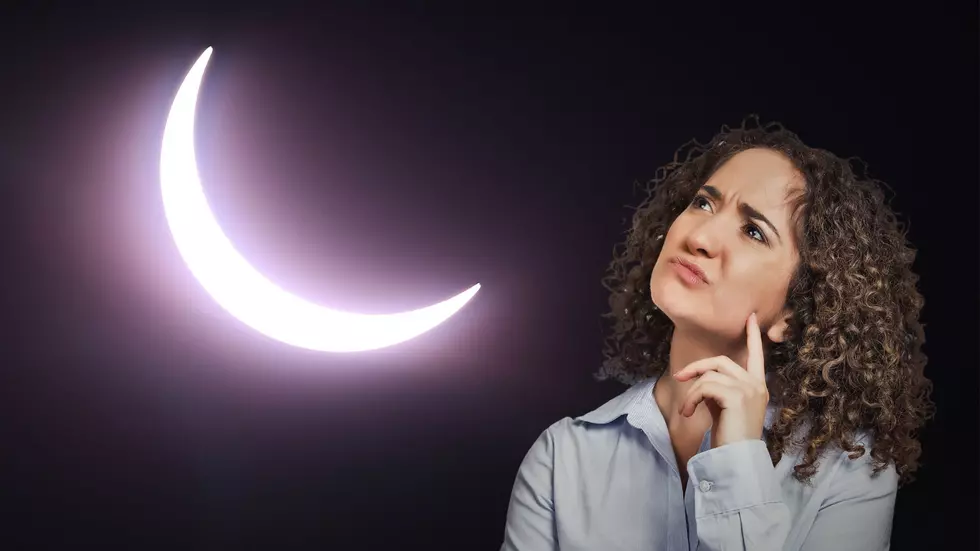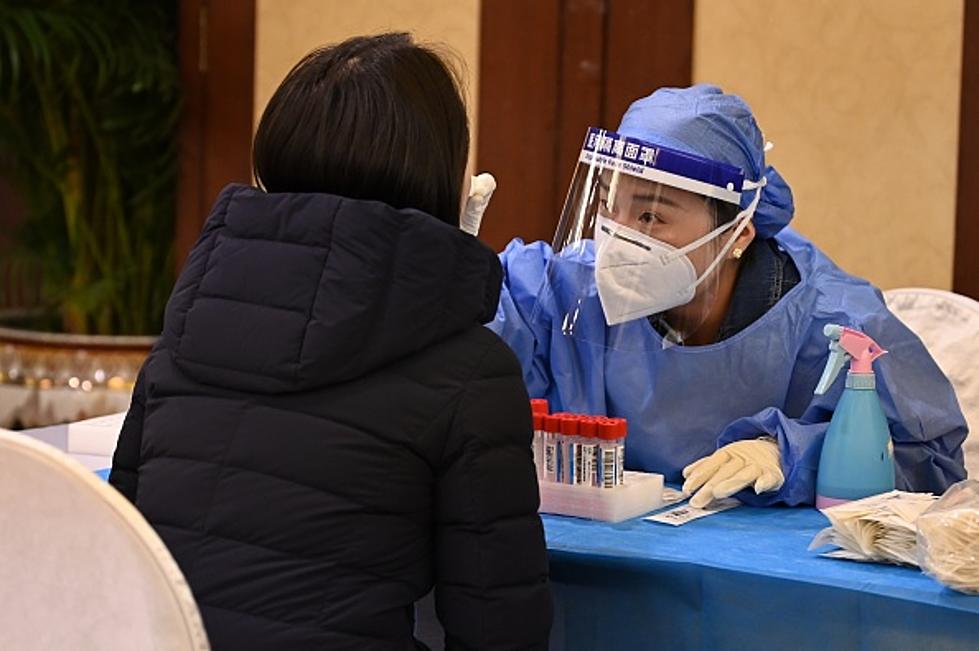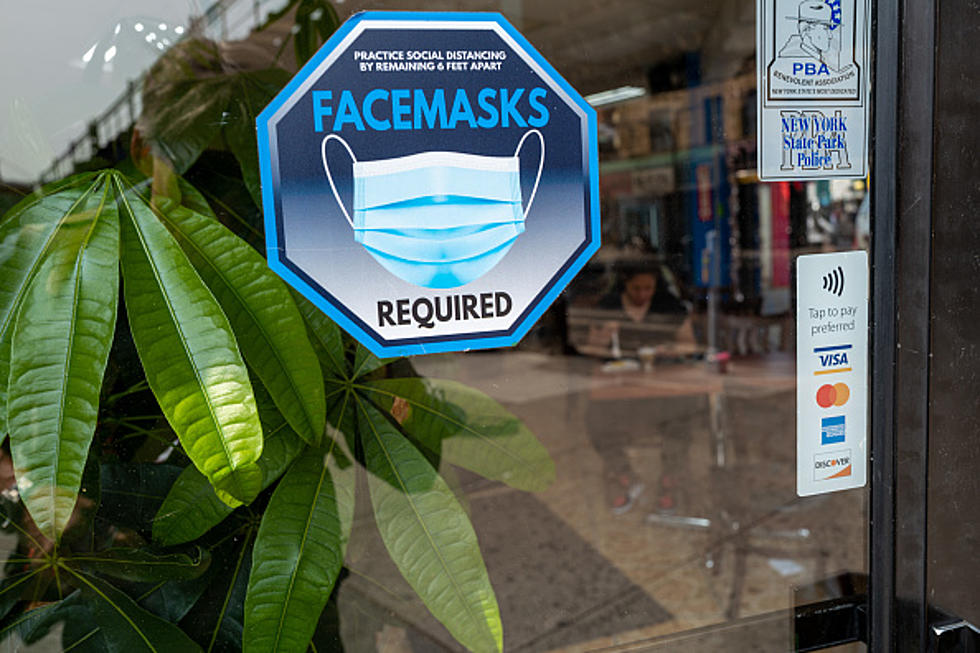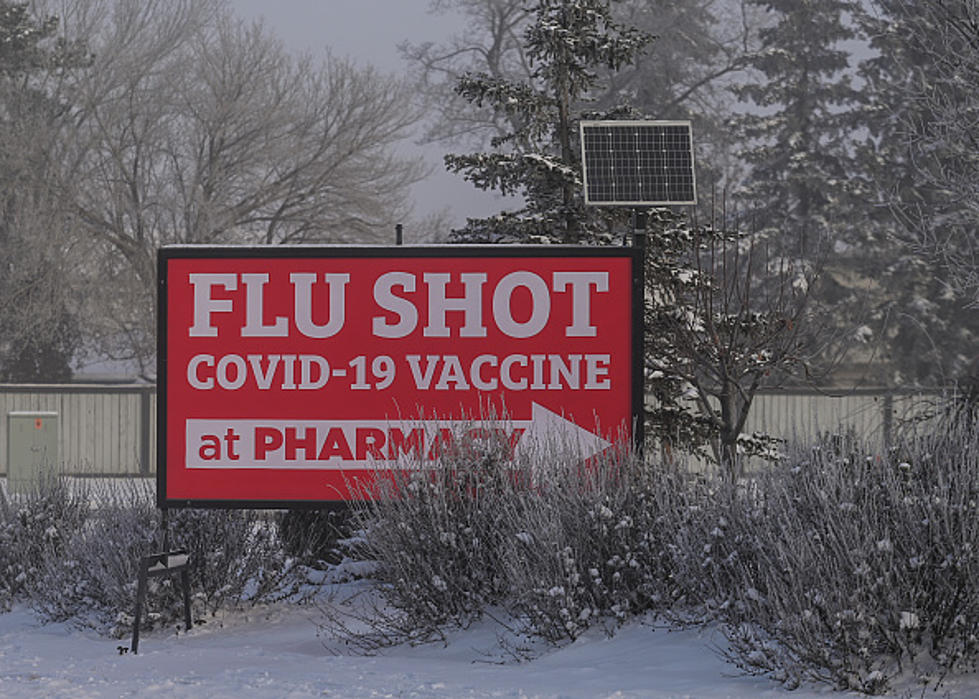
Omicron Variant Is Now In Erie County For The First Time
We've heard a lot about it, and now they've confirmed that the first cases of the Omicron variant have showed up in Erie County.
The Omicron variant is the latest mutation of SARS-CoV-2 that has disrupted life as we know it. According to health officials from the University at Buffalo, it's made its way here to Western New York and finally showed up in Erie County.
They're still learning what they can about this new variant. It's still new to doctors but as of right now, it appears as though it has lower hospitalization risk and is milder than other variants. They are still looking for more data on that. But that's the good news. The bad news is that it looks like it's much more easily transferred. So it's more contagious.
“Based on what other countries and other parts of New York State are experiencing, the omicron variant is more transmissible than previous SARS-CoV-2 viral strains,” -Erie County Commissioner of Health Gale Burstein, MD.
At this point it's unclear just how many cases are delta/omicron.
How can they tell what strain of COVID you have?
They essentially do DNA testing on the positive tests. After a person gets tested, they send the swab test to somewhere like UB to undergo what they call "genomics testing." The samples are stripped of medical info just to keep it private. Then they'll go through a technique called Polymerase Chain Reaction (PCR). It's a laboratory technique that uses selective primers to “copy” specific segments of a DNA sequence. Much like being able to tell what your family tree is from your DNA, this will tell doctors what "family tree" the positive strain of COVID belongs to.
Dr. Raul Vazquez is reminding people that even though the strain might be "milder," that might be a bad message to send.
"While they’re saying mild, these people are still going to show up in emergency rooms and in hospitals. If we don’t have the capacity to manage those individuals, it can be a pretty bad thing." - Dr. Raul Vazquez, Urban Family Practice
The CDC is reminding people that "Until we know more about the risk of Omicron, it is important to use all tools available to protect yourself and others."
Answers to 25 common COVID-19 vaccine questions
In Pictures: What Education Looks Like Around the World During a Pandemic
KEEP READING: Learning From Mistakes During the Spanish Flu
More From 106.5 WYRK









